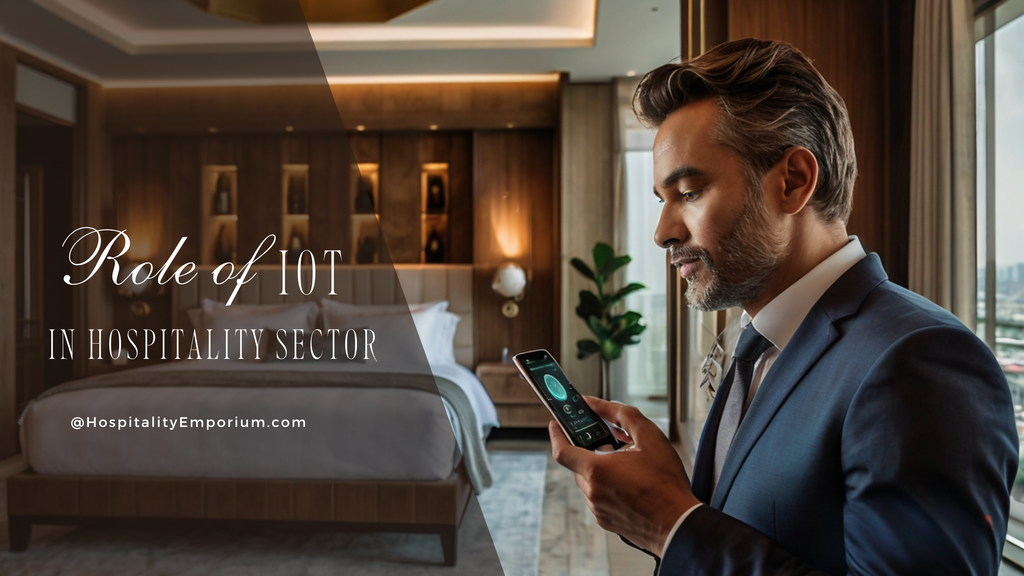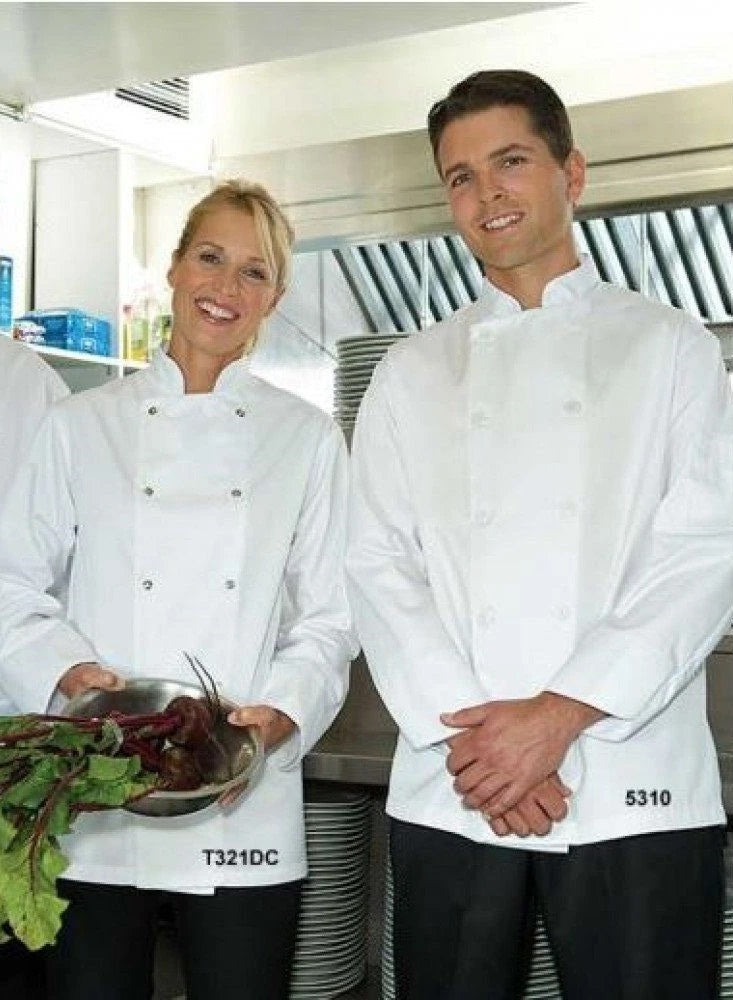Role of Iot in hospitality industry
Author - JULLY AEREAN

In today's age of rapid change, technology is essential to changing businesses and improving experiences. The Internet of Things (IoT) is one of the biggest technical innovations affecting several industries, including hospitality. Have you ever wondered how the Internet of Things is transforming the hospitality industry and how it can improve your visit? Let's delve into IoT and discover all of its amazing possibilities for the hotel sector.
Key Applications of IoT in Hospitality
Smart Rooms: Using voice commands or smartphone apps, visitors can adjust multiple aspects of their stay in IoT-enabled smart rooms. To provide a convenient and customized stay, this involves altering the lighting, temperature, drapes, and entertainment systems.
Automated Check-In and Check-Out: An efficient check-in and check-out procedure is made possible by IoT devices. Visitors can bypass visiting the front desk by using their cellphones for keyless entrance. This shortens wait times and improves convenience.
Inventory and Asset Management: IoT facilitates the inventory and asset management of hotels, including linens, toiletries, and equipment. This guarantees effective inventory control, minimizes losses, and guarantees the constant availability of essential commodities.
Guest Services and Personalization: Through the collection and analysis of data on visitor preferences and activities, IoT makes tailored guest services possible. By customizing recommendations for food, entertainment, and other services, hotels may improve the entire experience of their visitors.
Energy Management: Hotels can monitor and control energy use more effectively with the use of IoT sensors and systems. Automated climate control and lighting systems lower energy expenditures by adjusting their settings according on occupancy.
Smart Dining Experiences: Smart tables that let customers place orders and make payments right from the table are one way that IoT can improve dining experiences. Furthermore, by streamlining food preparation and delivery, networked kitchens can increase accuracy and speed of service.
Enhanced Security: With the use of access control systems, smart cameras, and sensors, IoT improves security. By offering real-time monitoring and alarms, these solutions guarantee the security of both visitors and employees.
Predictive Maintenance: Real-time monitoring of the condition of hotel infrastructure and equipment is facilitated by connected devices and sensors. This makes it possible to perform predictive maintenance, which lowers repair costs and downtime by identifying and resolving issues before they become serious ones.
Benefits of IoT in Hospitality
Improved Guest Satisfaction: IoT greatly improves the visitor experience by providing convenient and customized services, which increases happiness and loyalty.
Data-Driven Decision Making: IoT offers useful data insights that may be applied to enhance services, streamline processes, and make wise business decisions.
Operational Efficiency: Real-time monitoring and automated systems increase operational efficiency, cutting expenses and waste while freeing up employees to work on more crucial duties.
Energy Savings: Effective energy management systems support sustainability initiatives by assisting hotels in lowering energy expenses and reducing carbon footprint.
Challenges of Implementing IoT in Hospitality
Security and Privacy Concerns: Data security and visitor privacy are issues that are brought up by the integration of IoT devices. Strong cybersecurity defenses are crucial.
Integration with Existing Systems: It might be difficult and require specialist knowledge to integrate IoT devices with current hotel management systems in a seamless manner.
High Initial Costs: IoT solution implementation can be costly, requiring large upfront expenditures for infrastructure changes, software, and hardware.
Maintenance and Upkeep: IoT systems require frequent upgrades and maintenance to operate at their best, which can require a lot of resources.
CONCLUSION:
The hospitality sector is undergoing a transformation thanks to the Internet of Things, which is improving visitor experiences, streamlining operations, and yielding insightful data analytics. Hotels can anticipate lower operating expenses, higher guest happiness, and a competitive advantage in the market as long as they continue to use and integrate these technology. Even though there are certain drawbacks, IoT has a lot to offer the hospitality sector and is paving the way for a more creative and adaptable sector.
 USD
USD CAD
CAD

